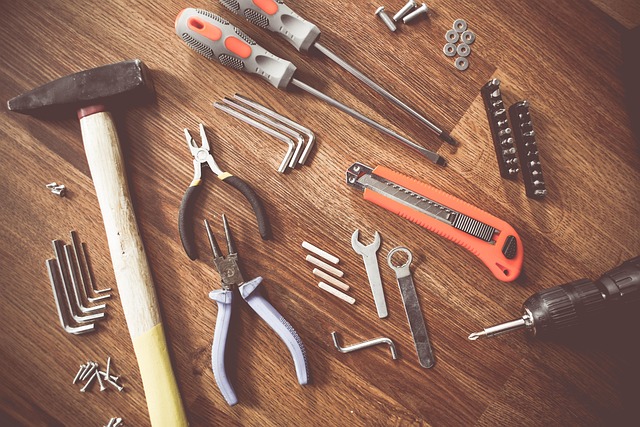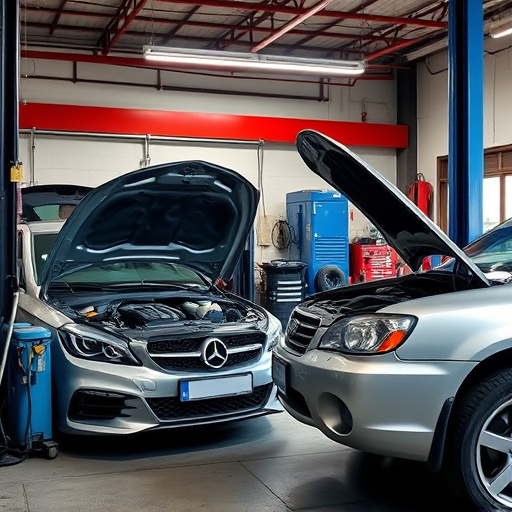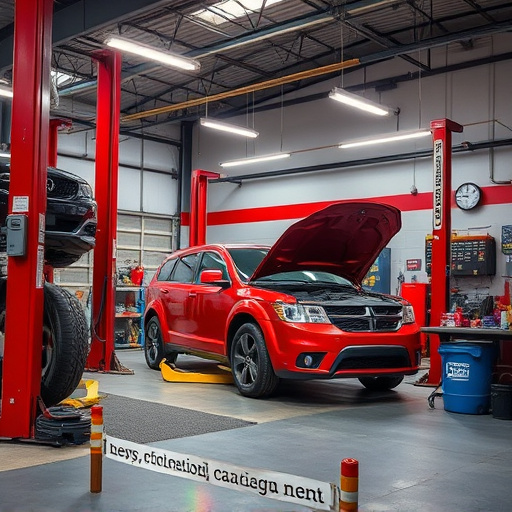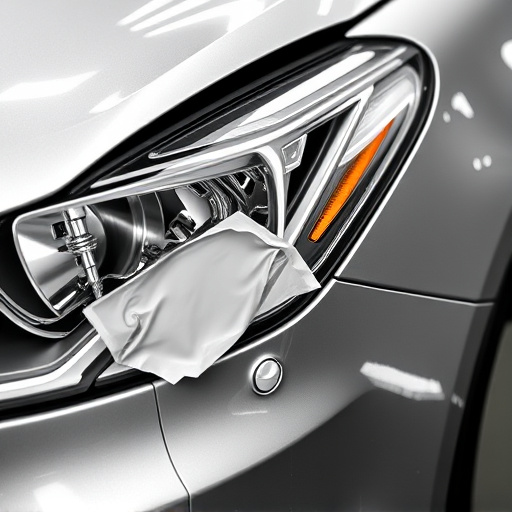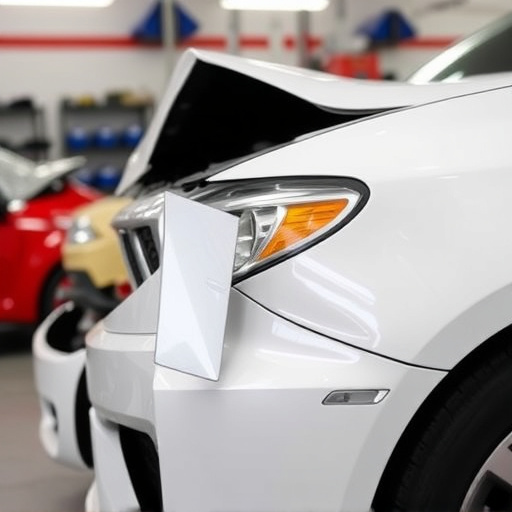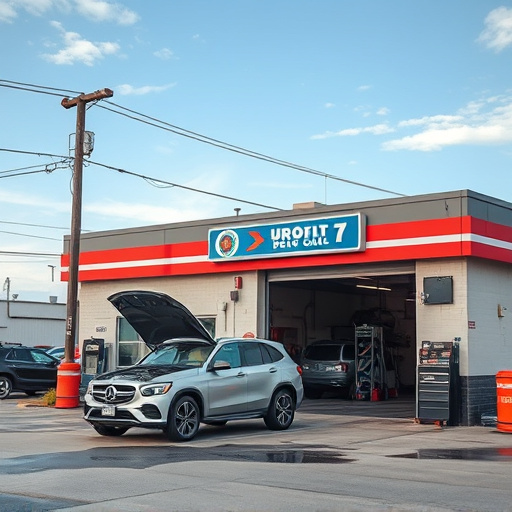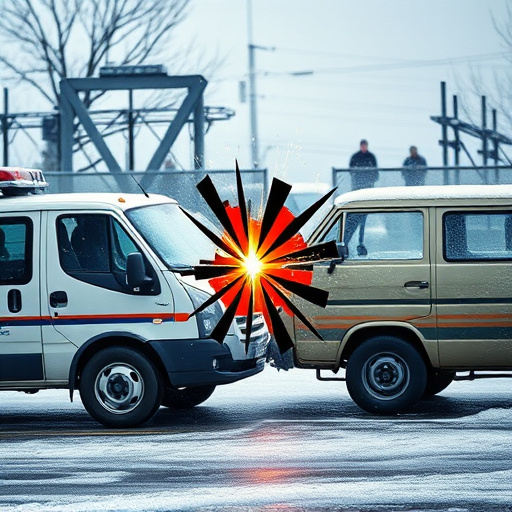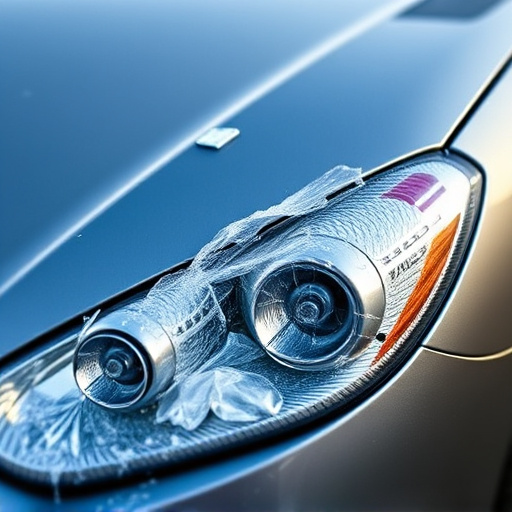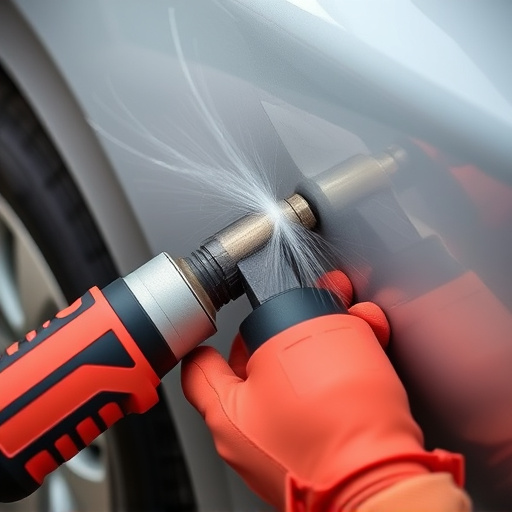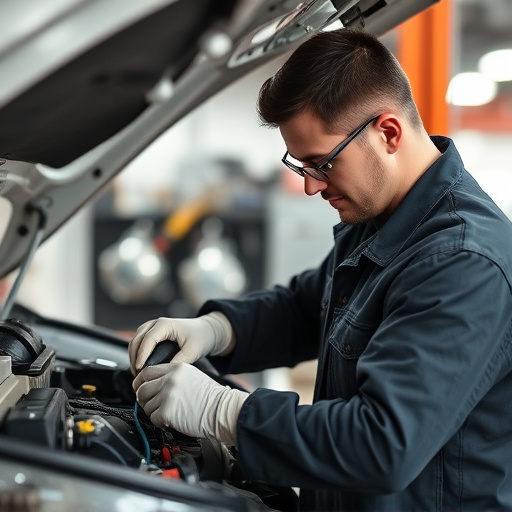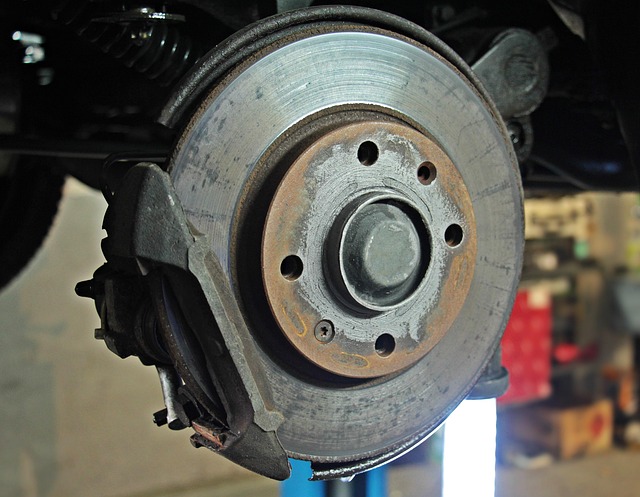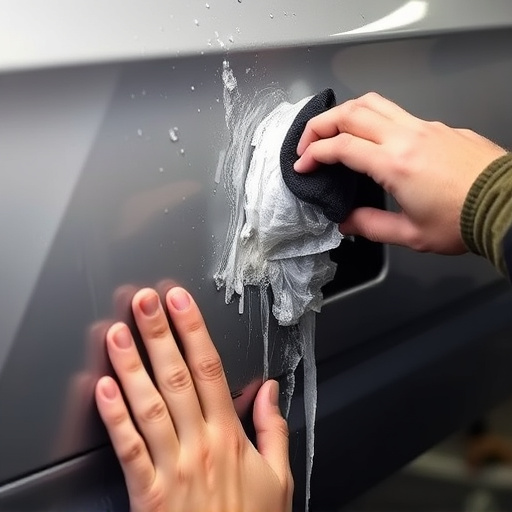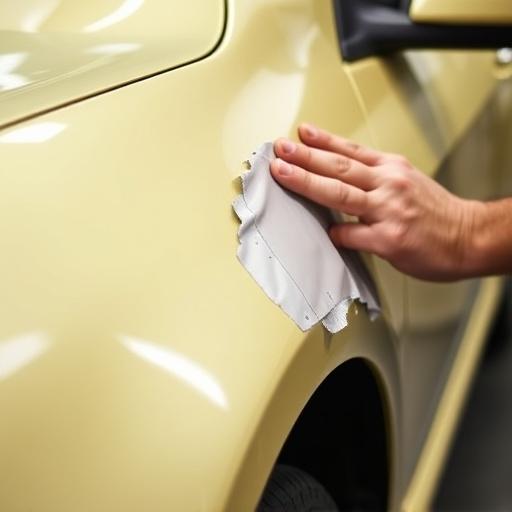Certified welding techniques are essential for all vehicle repairs and modifications, ensuring structural integrity, longevity, and adherence to safety standards. These advanced methods, including TIG, MIG, laser welding, and robotic systems, enhance precision and efficiency, making them crucial across diverse auto repair services from routine maintenance to fleet repairs.
In the realm of auto repair, understanding certified welding techniques is paramount for ensuring vehicle safety and performance. This article debunks common misconceptions about these techniques, highlighting their crucial role in quality assurance. We explore advanced welding methods employed in modern cars, separating fact from fiction. By shedding light on the benefits and correct usage of certified welding, this guide aims to empower both professionals and enthusiasts with accurate knowledge, fostering a deeper appreciation for the art and science behind these processes.
- Debunking Common Misconceptions About Certified Welding
- The Role of Certification in Auto Repair Quality Assurance
- Advanced Welding Techniques: Facts vs. Fiction in Modern Cars
Debunking Common Misconceptions About Certified Welding
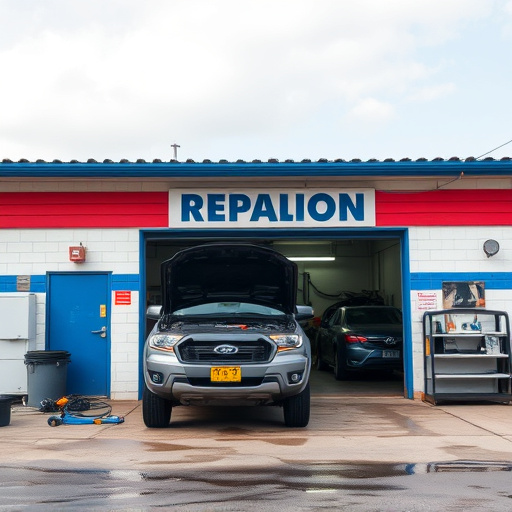
Many auto enthusiasts and even some professionals hold onto misconceptions about certified welding techniques used in vehicle body repair. It’s time to debunk a few common myths that surround this crucial aspect of car repair services. One misconception is that all certified welders are experts in every type of welding process, but the reality is, specialists focus on specific methods like TIG or MIG welding for precision and quality. Each technique has its unique applications depending on factors such as material thickness, joint design, and desired finish.
Another common myth is that certified welding is only necessary for extensive car body restoration projects. However, even minor repairs or modifications require skilled welders to ensure structural integrity and longevity of the vehicle. Certified welding techniques are essential for everything from simple panel replacements to complex frame straightening, guaranteeing that your car repair services meet industry standards and safety regulations.
The Role of Certification in Auto Repair Quality Assurance
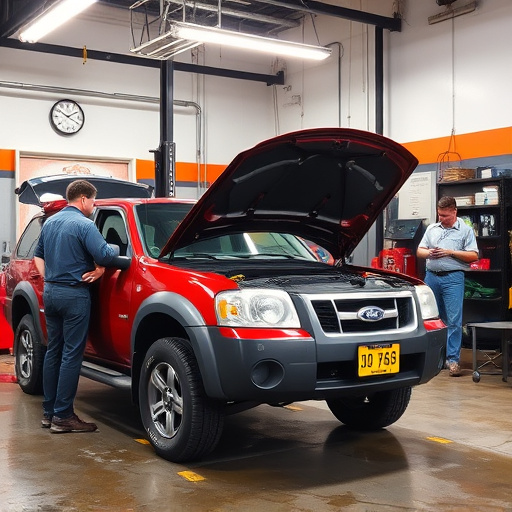
Certification plays a pivotal role in ensuring quality assurance within the auto repair industry, especially when it comes to intricate processes like certified welding techniques. Having standardized certifications for welding procedures guarantees that auto repair shops adhere to specific safety and performance standards, thereby enhancing customer trust. This is particularly crucial in auto collision centers where precise welds are vital for structural integrity and vehicle safety after an accident or significant dent repair.
By requiring certifications, industry regulators ensure that technicians possess the necessary skills and knowledge to handle various welding tasks effectively. This includes understanding different metal types, mastering specific welding processes, and comprehending quality control measures. Well-certified auto repair shops can offer superior services, ensuring vehicle components are not only repaired but also reinforced through robust certified welding techniques, ultimately promoting road safety for all vehicles passing through their doors.
Advanced Welding Techniques: Facts vs. Fiction in Modern Cars
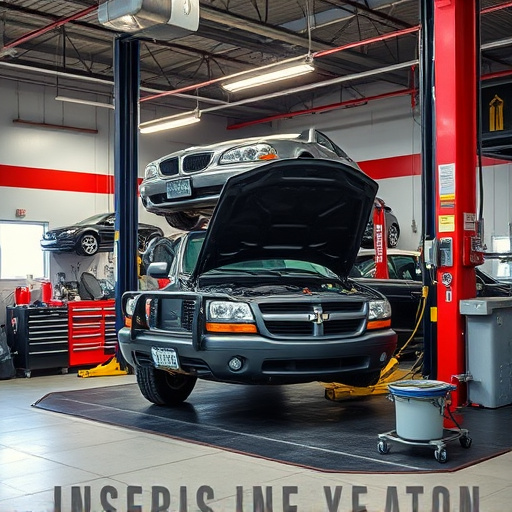
Modern vehicles incorporate complex structures and materials, leading to an evolution in certified welding techniques. While some believe that advanced welding methods are a recent innovation, the auto industry has been refining these processes for years. Fact is, modern cars demand precision and strength, pushing welders to adopt new strategies like laser welding and robotic systems, which enhance accuracy and efficiency. These techniques are particularly beneficial for intricate components, ensuring consistent quality in areas such as exhaust systems and engine blocks.
Contrary to fiction, advanced welding isn’t just for luxury vehicles or high-end repairs; it’s integral to fleet repair services and even routine maintenance. For example, precise spot welding can fix minor damage, like a dent or scratch repair on auto bodies, without compromising structural integrity. This is especially important in the case of auto glass replacement, where surrounding components must be carefully welded for safe and secure installations. Thus, certified welding techniques are versatile and indispensable across various aspects of auto repair, ensuring that today’s cars are built to last and maintained with precision.
Certified welding techniques play a pivotal role in modern auto repair, ensuring precision and quality. By debunking myths and understanding the advanced methods employed, shop owners and technicians can enhance their skills, maintain customer satisfaction, and stay ahead of industry trends. Investing in certified training allows for improved efficiency, reduced rework, and ultimately, a better driving experience for vehicle owners.
